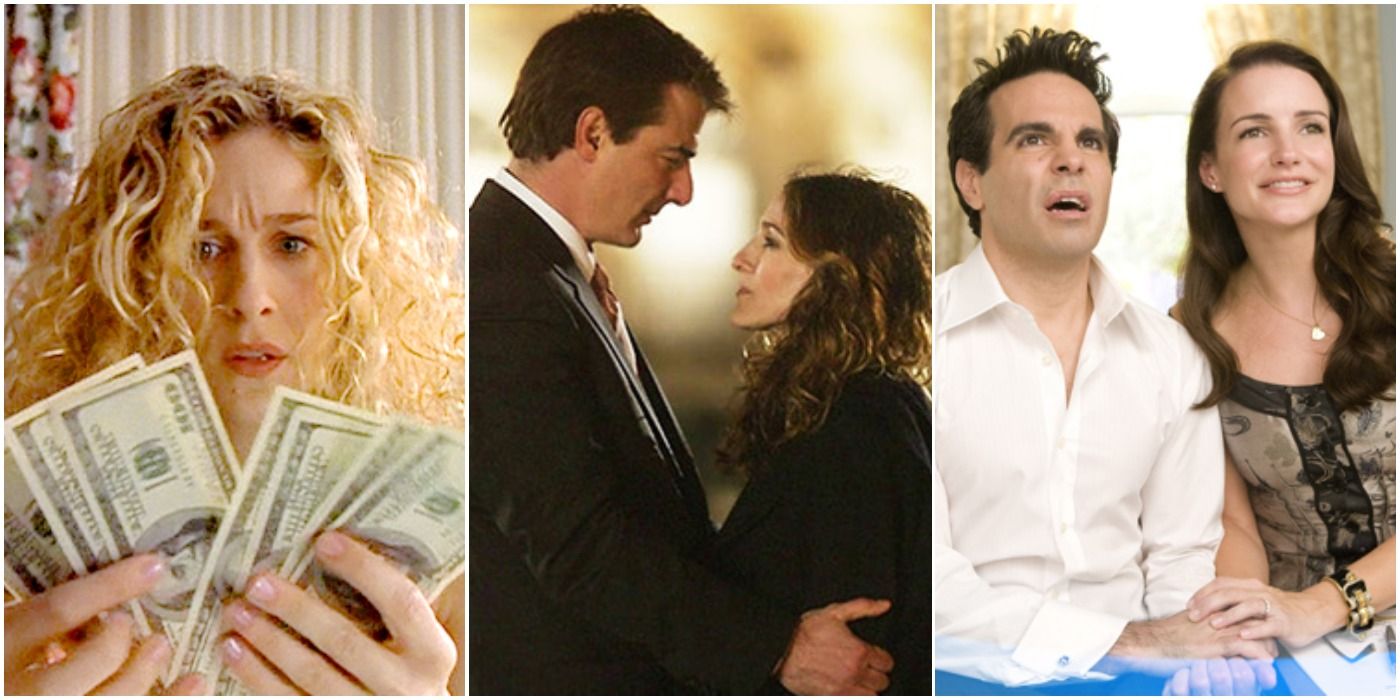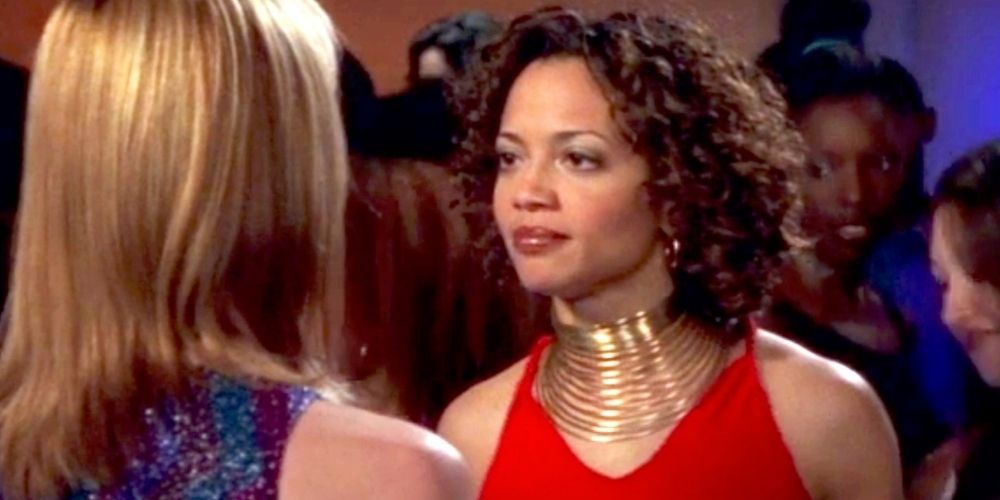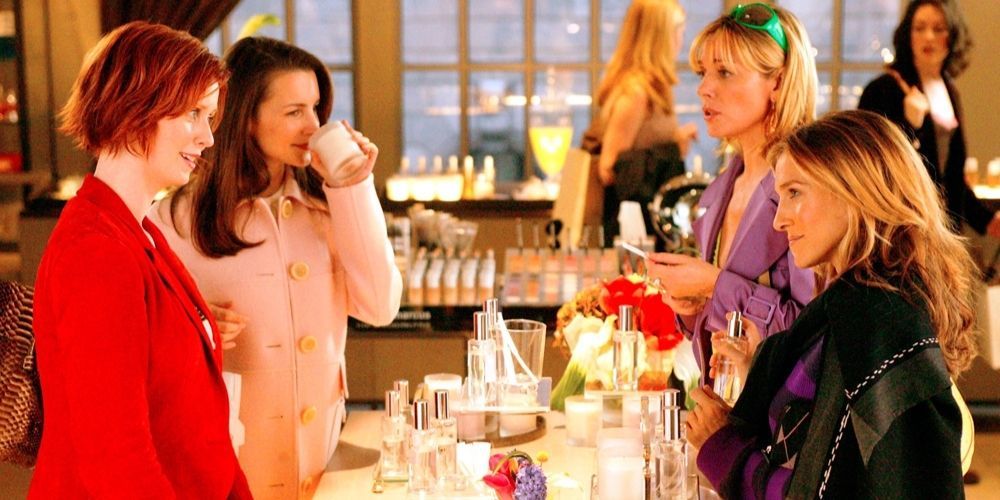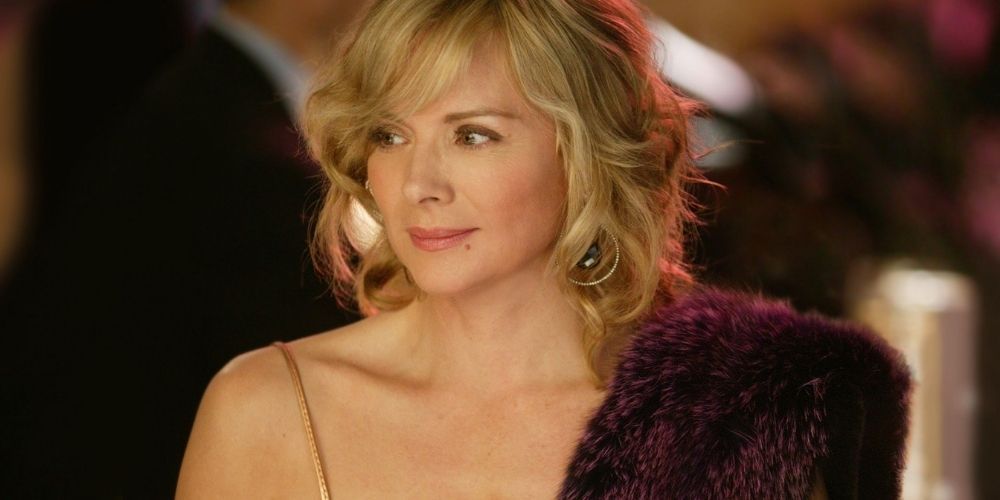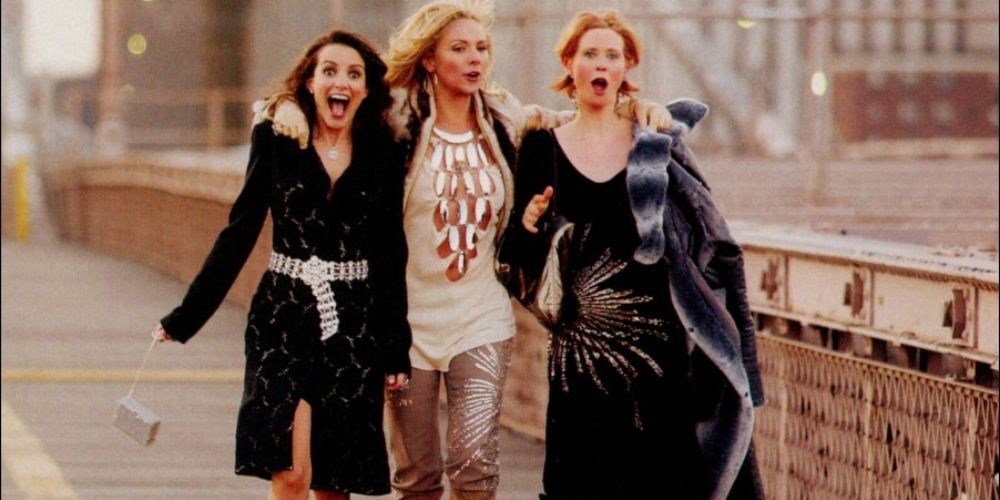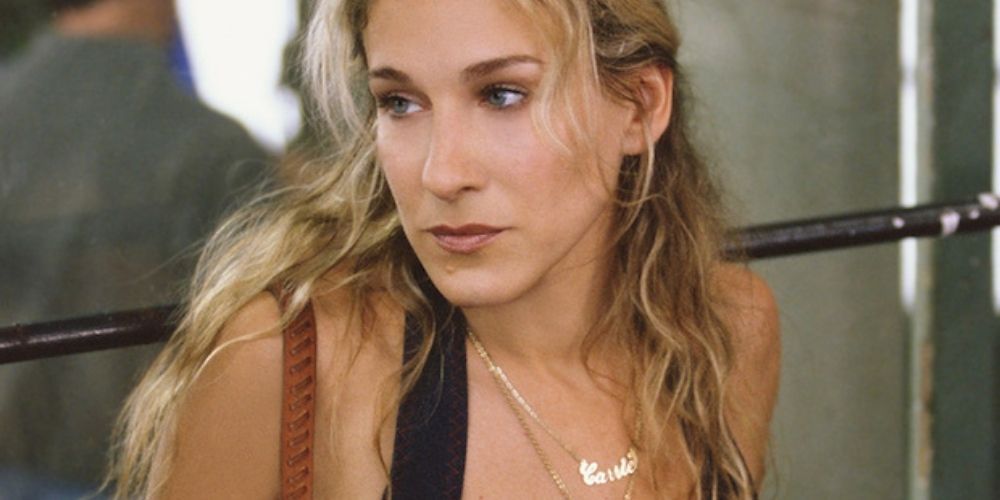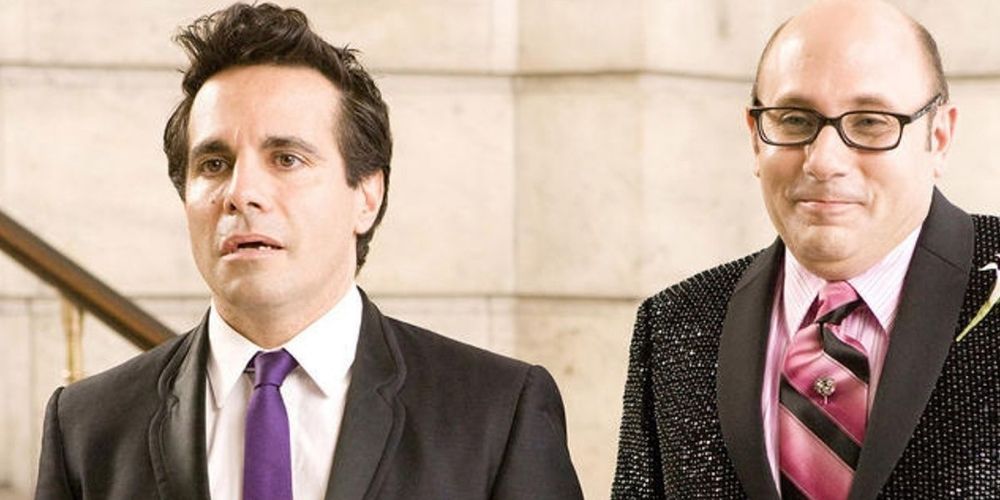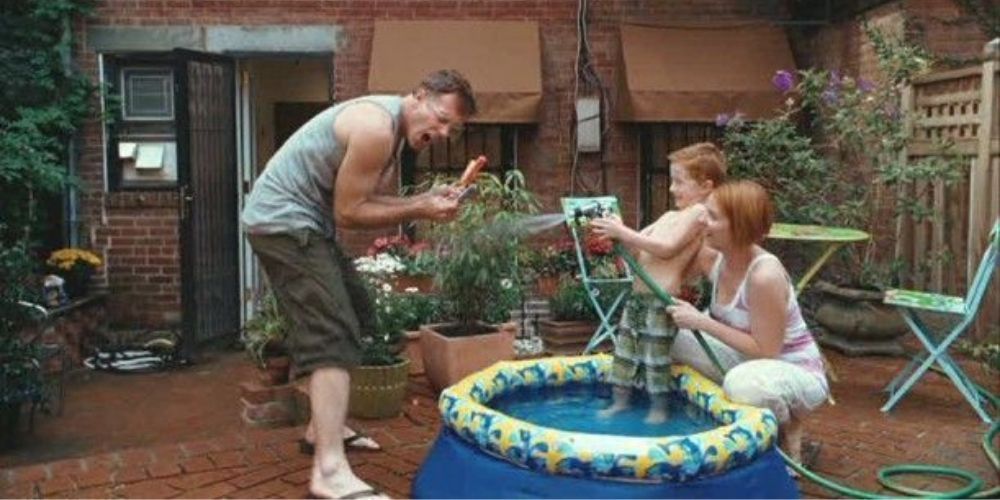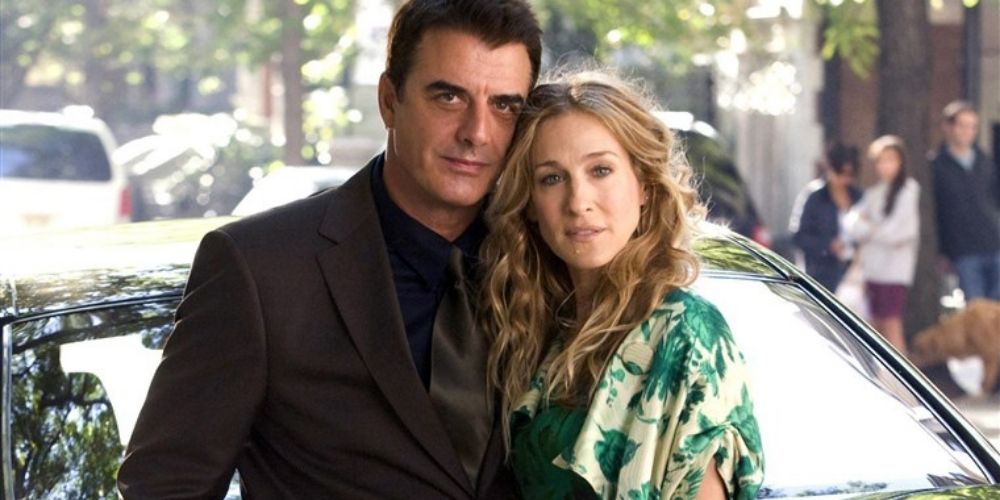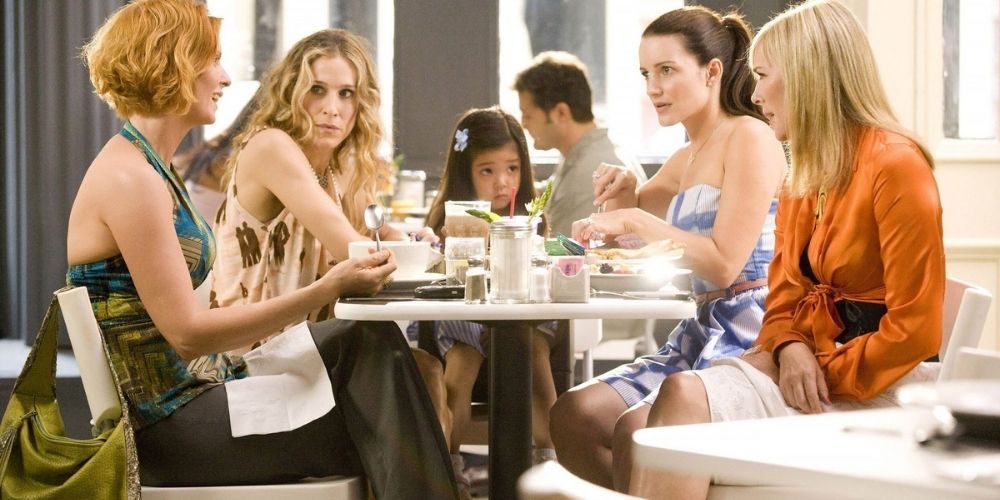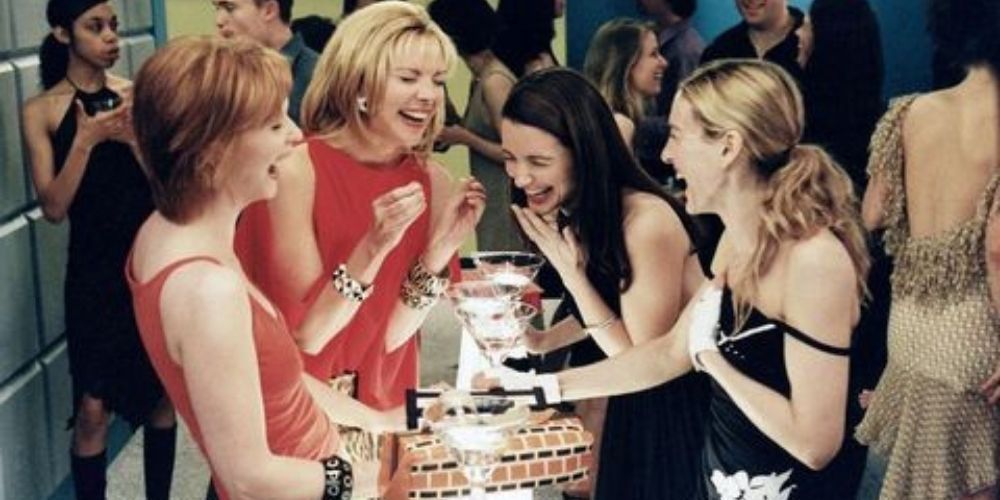Sex and the City was a truly revolutionary show. It dared to talk about issues like sex, love, female independence, and sexuality is a refreshingly honest and direct way. Yet, and despite all its talks about being progressive and forward-thinking, the show endorsed several outdated ideas about love and relationships.
The characters were initially presented as liberated, free-thinking women, yet, and as the series progresses, they assume more traditional points of view that seemingly go against the show's very premise. And for all its contributions to female representation on television, Sex and the City is also undeniably guilty of promoting harmful and stereotypical views that endure to this day.
Shocking Lack Of Representation
Sex and the City is hardly the only show set in New York to feature a shocking lack of diversity in its cast. From Friends to Gossip Girl, white people and their stories are always at the center. Yet, what's truly shocking about SatC is that almost all the non-white characters are featured in roles of servitude (Lina, Sum), or as walking stereotypes (Adeena, Maria).
The show focused on a very specific idea of what life in New York City should be, and its underlying message seemed to be that BIPOC people had no place in it.
Money Is All That Matters
Throughout the show, the idea of money looms large. All four main characters live fairly materialistic lives, and surround themselves with only certain types of people. As part of the New York glitterati, they attend luxurious parties, eat in expensive restaurants, and spend exorbitant amounts on shoes and clothes.
The show portrays those characters who don't quite fit with the girl's lifestyles, as lesser, or how Charlotte calls Steve, "working class." By the end of the series, all four characters are rich, either through work (Samantha and Miranda), or their significant others (Charlotte and Carrie).
Extreme Slut-Shaming
For a show with the word "sex" in the title, its ideas of female sexuality were not only surprisingly conservative, but often outright prudish. Samantha, by far the most liberated of the four, constantly gets shamed and criticized by the four women who call themselves her friends.
Carrie, a self-labeled "sexual anthropologist" is annoyingly close-minded when it comes to sex. She holds a very specific, romanticized version of what sex should be like, and rejects any idea that doesn't fit her preconceived notions, be it kinks of any kind, or bisexuality.
Were It Not For Carrie, Miranda, Samantha and Charlotte Wouldn't Be Friends
Carrie's three friends had wildly different opinions and lifestyles. Samantha is the adventurous one who's always willing to try new things; Miranda is the rational one, who always goes by reason and logic; and Charlotte is the romantic one, who shamelessly pursues love above all things.
The three don't really have a lot in common, and they are rarely shown hanging out by themselves. And while Carrie has scenes in which she's alone with either Miranda, Charlotte, or Samantha, the other three are not extended the same courtesy. It's safe to say that Carrie is the glue that holds the group together, and without her, chances are the other three would fall out of touch.
Carrie Is A Pretty Awful Friend
Having said that, it's also blatantly clear that Carrie is an awful friend. Her selfish ways always get the best of her, and while her three friends always support her no matter what, Carrie never responds in the same manner.
When she confesses she's having an affair with Big, Samantha refuses to pass judgment on her. Carrie, however, constantly shames and criticizes Samantha's liberal lifestyle. Similarly, when Miranda hurts her neck, Carrie sends Aidan, then goes to Miranda's place not to check on her, but to talk about her relationship problems. And of course, she guilts Charlotte into giving up her engagement ring, all so that she can pay for her apartment.
Harmful LGBTQ+ Representation
Anthony and Stanford are living, walking clichés. They aren't even real characters, they're accessories that Charlotte and Carrie use whenever they need a pep-talk, or a friend to hang out outside their inner circle.
Similarly, bisexuality is treated like no more than an invention, "a layover on the way to gay town," as Carrie puts it. She is not only dismissive of Sean's bisexuality, she treats it like a curiosity, something to be judged, not understood. When Samantha begins a relationship with Maria, she declares herself a lesbian, instead of even considering the idea she might be bisexual.
Everyone Ends Up Settling, In One Way Or Another
While the show prides itself in its portrayal of strong, independent characters, the ending has them settling down in ways no one ever thought possible. Miranda, the goal-oriented, successful lawyer, moves out of Manhattan to accommodate her family's needs. She even ends up caring for Steve's sick mother, and the show treats her increasing maternal instincts as growth, a necessary change for the character to truly become a "mother."
Samantha too is made to abandon her free, casual life in favor of a monogamous relationship with Smith. The show seemed to believe having Samantha end up alone would've been bad, as if the idea of a single woman over-forty was some sort of punishment.
Carrie & Big
From day one, Carrie and Big are terrible together. He not only doesn't want her in his life, he can't be more obvious about it. For her part, Carrie is so desperate to enter, she behaves chaotically, effectively pushing him further away. In the end, it's clear Big always saw her as a life raft, a second option that would always be there.
The fact that Big and Carrie's relationship is so dramatic and excessive, seems to imply that love needs to be tragic to be true and real. Carrie goes through hell and back for Big, yet in the end, all her suffering matters because he chooses her and calls her "the one." It's an awful message to convey, and the main reason while these two's relationship has aged so badly.
Everything Has To Do With Men
"How does it happen that four such smart women have nothing to talk about but boyfriends?" Miranda famously asks in the season two opener, "Take Me to the Ballgame." Indeed, nearly all the scenes where the characters are eating brunch at their favorite coffee place, feature them talking about their latest relationship drama.
While these four characters are undoubtedly bright and accomplished, they also spend all their time together talking about men, relationships, love, and to a lesser degree, sex. The fact that the show never bothers to develop their friendship outside of these areas is both telling and disappointing.
"Traditional" Romance Is The Only Way To Go
Sex and the City spends a large chunk of its time preaching about how women can be successful and independent and not need a man. Yet, the ending it gives its four main characters is a typically safe one. All of them are married, or in committed relationships. Not only that, but the show actually treats those relationships as a reward for the characters, the prize they receive for all their trouble and difficulties during all 94 episodes.
The central idea of the show, that a friend can be the love of your life, is discarded in favor of a traditionally, fairy tale ending. This not only diminishes the girls' story together, it perhaps also invalidates the show as a whole, because it sends the message that, at the end of the day, all a woman really wants, and needs, is a man.

